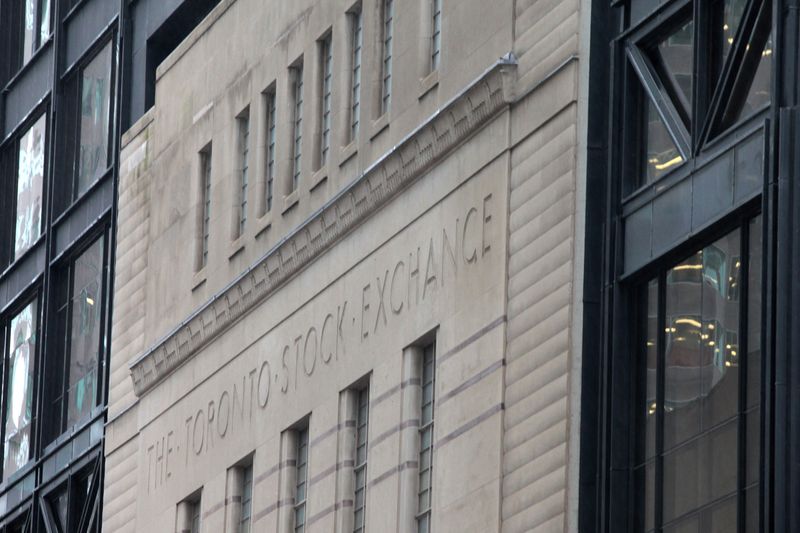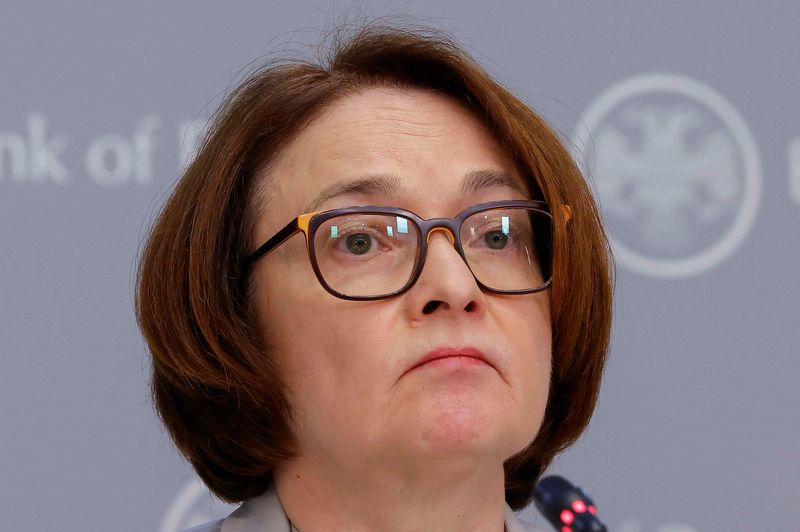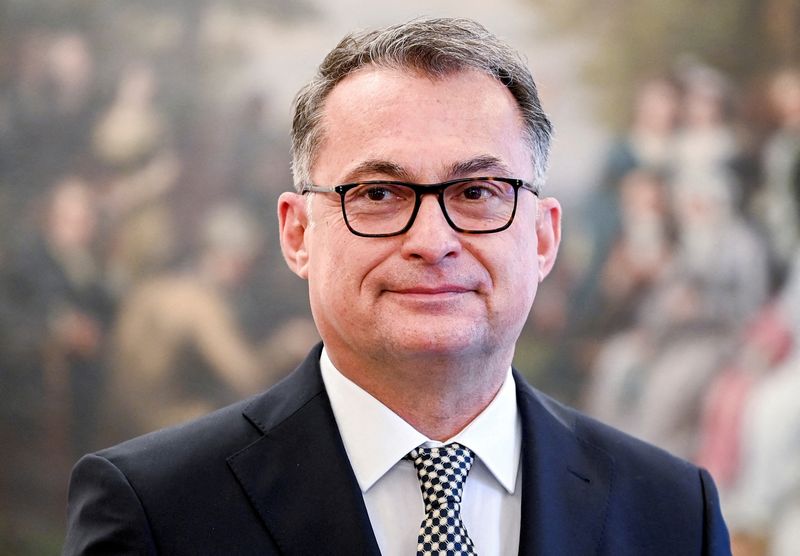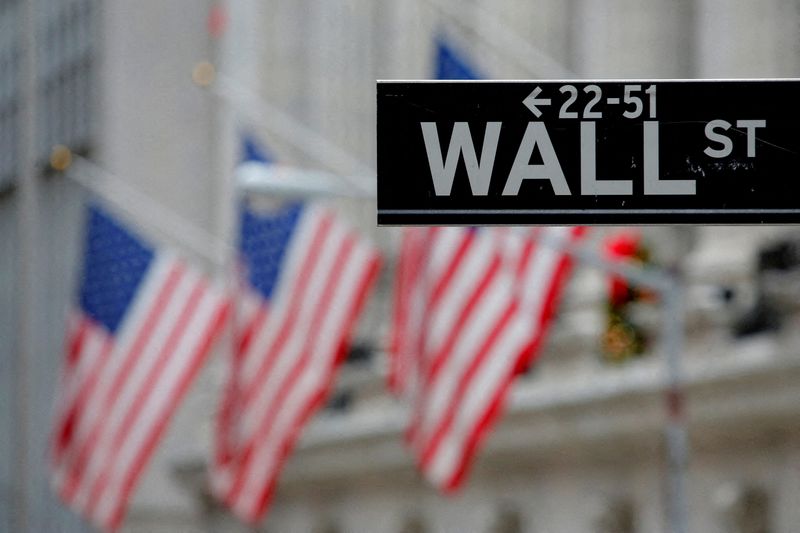Lending, sentiment data bolster euro zone recovery narrative
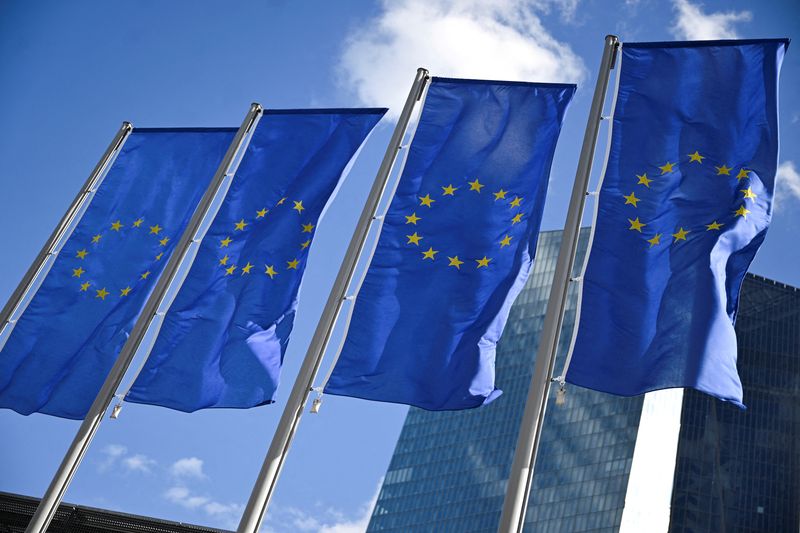
(Reuters) -Euro zone bank lending rebounded more in September, and German business sentiment has improved more than expected this month, bolstering the view that the euro zone economy has bottomed out, even if there is no rapid recovery in sight.
The 20-nation bloc’s economy has expanded at the slowest possible pace for most of the past two years and policymakers have repeatedly pushed out their expectations for a recovery, raising some doubts about whether it is coming at all.
“Both reports are encouraging signs rather than signals of stronger turns,” JPMorgan economist Greg Fuzesi said.
Lending to euro zone companies grew by 1.1% in September, its highest rate since mid-2023, while to households, it was up by 0.7%, its highest level since last October, the European Central Bank said.
Absolute lending volumes were relatively modest, however, with loans to households rising by 9 billion euros and to firms by 19 billion euros, the ECB said.
A recent bank lending survey suggested that volumes could rise further though, especially for household mortgages, as ECB rates are already well below their peak and further rate cuts are fully priced in with the key rate seen bottoming out at below 2%, less than half its highest rate earlier this year.
Meanwhile, German business morale has improved more than expected in October, an Ifo Institute survey showed, providing some respite for an economy that will likely contract in the second half of this year.
The Ifo institute said its business climate index for the euro zone’s biggest economy increased to 86.5 in October from 85.4 the previous month, above the 85.6 reading seen by analysts in a Reuters poll.
“Today’s recovery in the Ifo business climate speaks against a deep recession,” Commerzbank (ETR:CBKG) economist Joerg Kraemer said. “The more likely scenario remains a stagnation in the winter half-year followed by an anaemic recovery from spring onwards.”
A more robust recovery was unlikely, however, since the German government was not taking decisive action against the multi-year erosion in competitiveness, Kraemer added.
In other data, the ECB’s M3 measure of money supply for the euro zone, seen by some as an indicator for future economic growth, expanded by 3.2%, a level last topped in December 2022 and beating expectations for 3.0% seen in a Reuters poll.
